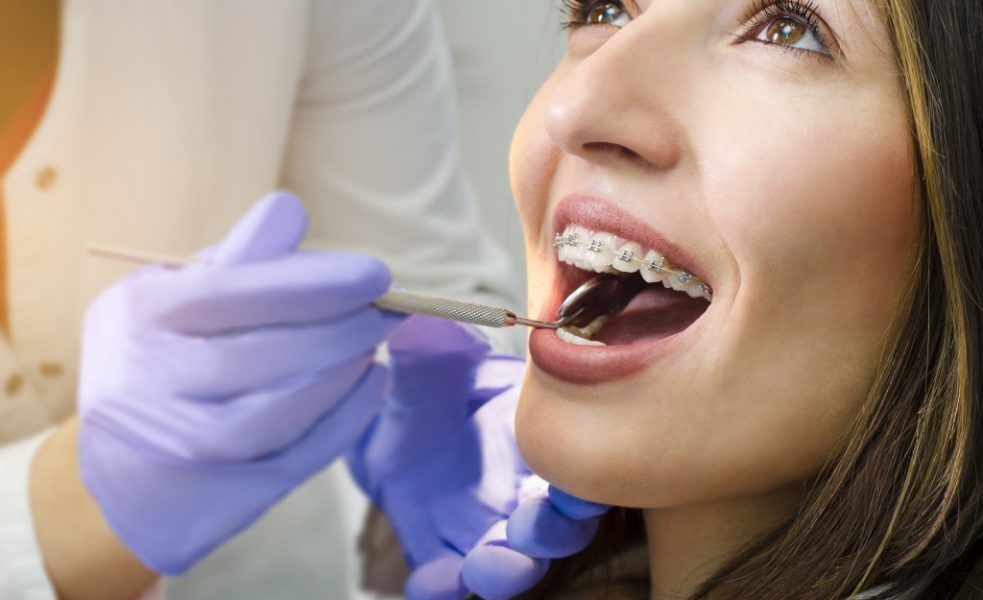A lot can and usually does happen as baby teeth make way for permanent ones. During this time there’s a lot for a parent to look out for to make sure that their children are developing a healthy set of teeth.
Braces are usually recommended to help solve tooth and jaw alignment issues after most or all of permanent teeth have settled. Children who are nearing the age of 7 years old, are only starting to develop their permanent teeth.
While it’s still very early, it’s important for parents at this stage to detect the early signs of orthodontic problems that will require braces. What are these early indicators?
Baby teeth are falling off too early or too late
Children at around 6 years old will start growing permanent teeth. This process will be completed at around the age of 12.
If you start noticing falling teeth long before your child reaches the age of 6 or very much after the age of 12, there might be an oral or dental issue at play. This irregular schedule may have negative implications later on and lead to misaligned teeth or jaws.
Jaw misalignment
Whether it’s an overbite, underbite, or crossbite, jaw misalignment can be an inconvenient or painful experience. What do some of these bite problems look like?
- Overbite happens when the upper front teeth cover the lower front teeth when the mouth is closed. Usually, 30% to 50% of the lower teeth need to be covered to be considered overbite.
- Underbite – The reverse, when the lower front teeth cover the upper front teeth when the mouth is closed.
- Crossbite – happen when the teeth fit into each other when the mouth is closed as the two rows are not properly spaced or aligned.
These issues often reveal themselves when there is difficulty chewing or taking a bite out of food.
Crowded teeth
Chewing problems can also manifest with overcrowding teeth. With overlapping teeth that grow too close together, food may not be broken down effectively inside the mouth, leading to discomfort.
This odd positioning of teeth may also prevent thorough brushing. Children may have difficulty in reaching some teeth that are misaligned as a result of crowding.
 Trouble in kicking the habit of thumb-sucking
Trouble in kicking the habit of thumb-sucking
While it’s completely normal for children to suck their thumbs, it may cause dental problems if they are unable to kick the habit by the age of 7.
Around this age, permanent teeth will start growing and prolonged thumb-sucking may negatively impact their alignment and positioning. In such a case, it’s common for front teeth to protrude forward or lower teeth to start crowding.
What to do next?
Detecting these issues early on is just the first step. Parents should schedule an early check-up with a qualified orthodontist to find the best oral solution for their children.
Whether you need orthodontic treatment in Taylorsville or around Utah, a licensed professional is best equipped to advise on the type and duration of treatment.
With the celebration of World Oral Health Day last March 20, it’s even more timely to get a head start on your child’s journey to healthier teeth and a brighter smile.



